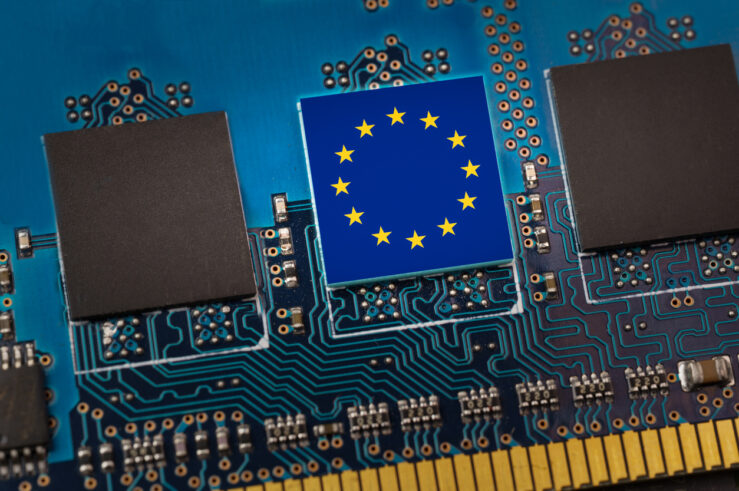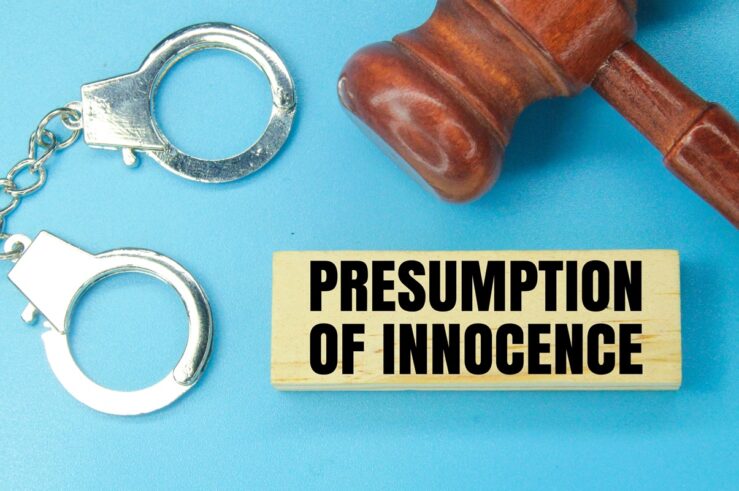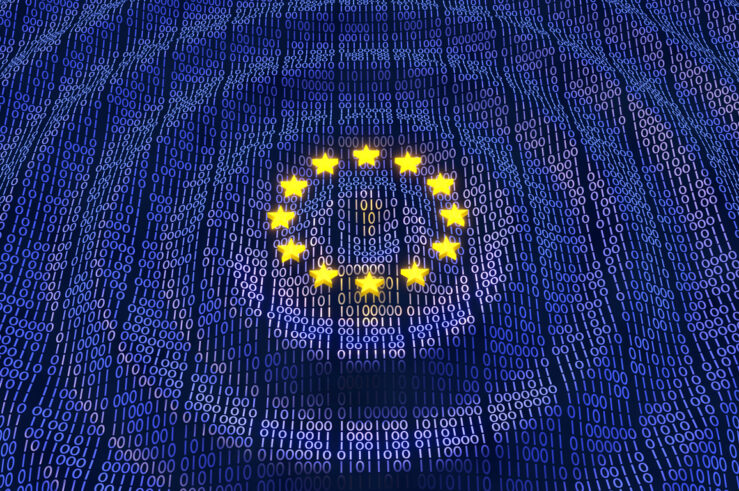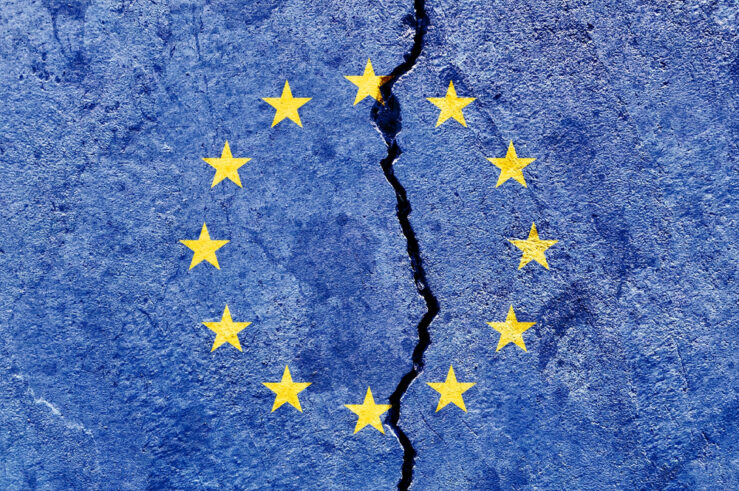Showing results for: “DMA”
Enforcing the DMA is Easier Said Than Done: Evidence From the Commission’s Draft Template for DMA Compliance Reports
The European Commission early last month published its draft template for DMA-compliance reports. This is the document that gatekeepers will periodically need to fill out, and which subsequently will be used to determine whether they comply with the European Union’s Digital Markets Act (DMA). The draft template is a missed opportunity to clarify some of ... Enforcing the DMA is Easier Said Than Done: Evidence From the Commission’s Draft Template for DMA Compliance Reports
Gatekeeping, the DMA, and the Future of Competition Regulation
The European Commission late last month published the full list of its “gatekeeper” designations under the Digital Markets Act (DMA). Alphabet, Amazon, Apple, ByteDance, Meta, and Microsoft—the six designated gatekeepers—now have six months to comply with the DMA’s list of obligations and restrictions with respect to their core platform services (CPS), or they stand to ... Gatekeeping, the DMA, and the Future of Competition Regulation
Final DMA: Now We Know Where We’re Going, but We Still Don’t Know Why
After years of debate and negotiations, European Lawmakers have agreed upon what will most likely be the final iteration of the Digital Markets Act (“DMA”), following the March 24 final round of “trilogue” talks. For the uninitiated, the DMA is one in a string of legislative proposals around the globe intended to “rein in” tech ... Final DMA: Now We Know Where We’re Going, but We Still Don’t Know Why
The DMA and Antitrust: A Liaison Dangereuse
As the European Union’s Digital Markets Act (DMA) has entered the final stage of its approval process, one matter the inter-institutional negotiations appears likely to leave unresolved is how the DMA’s the relationship with competition law affects the very rationale and legal basis for the intervention. The DMA is explicitly grounded on the questionable assumption ... The DMA and Antitrust: A Liaison Dangereuse
Does the DMA Let Gatekeepers Protect Data Privacy and Security?
It’s been an eventful two weeks for those following the story of the European Union’s implementation of the Digital Markets Act. On April 18, the European Commission began a series of workshops with the companies designated as “gatekeepers” under the DMA: Apple, Meta, Alphabet, Amazon, ByteDance, and Microsoft. And even as those workshops were still ... Does the DMA Let Gatekeepers Protect Data Privacy and Security?
The Future of the DMA: Judge Dredd or Juror 8?
When it was passed into law, the European Union’s Digital Markets Act (DMA) was heralded by supporters as a key step toward fairness and contestability in online markets. It has unfortunately become increasingly clear that reality might not live up to those expectations. Indeed, there is mounting evidence that European consumers’ online experiences have been ... The Future of the DMA: Judge Dredd or Juror 8?
The DMA’s Missing Presumption of Innocence
The EU’s Digital Markets Act (DMA) will come into effect March 7, forcing a handful of digital platforms to change their market conduct in some unprecedented ways. The law effectively judges them guilty (with a very limited, formalistic trial), and brands them “gatekeepers” based purely on size. It then sentences them to far-reaching, one-size-fits-all antitrust-style ... The DMA’s Missing Presumption of Innocence
DMA Update: It’s Still a Privacy Danger
The European Union’s Digital Markets Act (DMA) has been finalized in principle, although some legislative details are still being negotiated. Alas, our earlier worries about user privacy still have not been addressed adequately. The key rules to examine are the DMA’s interoperability mandates. The most recent DMA text introduced a potentially very risky new kind ... DMA Update: It’s Still a Privacy Danger
Apple Fined at the 11th Hour Before the DMA Enters into Force
Just days before the EU’s Digital Markets Act (DMA) was set to enter into force, the European Commission hit Apple—one of the six designated “gatekeepers” to which the new law will apply—with a hefty €1.8 billion fine for the kinds of anti-steering provisions that will be banned by the DMA, which enters into force on ... Apple Fined at the 11th Hour Before the DMA Enters into Force
DMA: Setting the Goalposts
In a little less than a month, the European Union’s Digital Markets Act (DMA) will start to bite, but how will it taste? By March 7, companies that were designated as “gatekeepers” in September 2023 will be required to meet the obligations of Articles 5, 6, and 7 of the DMA Regulation. With the exception ... DMA: Setting the Goalposts
Fixing the Procedural Infirmities in the DMA’s Draft Implementing Regulation
Just before Christmas, the European Commission published a draft implementing regulation (DIR) of the Digital Markets Act (DMA), establishing procedural rules that, in the Commission’s own words, seek to bolster “legal certainty,” “due process,” and “effectiveness” under the DMA. The rights of defense laid down in the draft are, alas, anemic. In the long run, ... Fixing the Procedural Infirmities in the DMA’s Draft Implementing Regulation
Google Previews the Coming Tussle Between GDPR and DMA Article 6(11)
Among the less-discussed requirements of the European Union’s Digital Markets Act (DMA) is the data-sharing obligation created by Article 6(11). This provision requires firms designated under the law as “gatekeepers” to share “ranking, query, click and view data” with third-party online search engines, while ensuring that any personal data is anonymized. Given how restrictively the ... Google Previews the Coming Tussle Between GDPR and DMA Article 6(11)
















